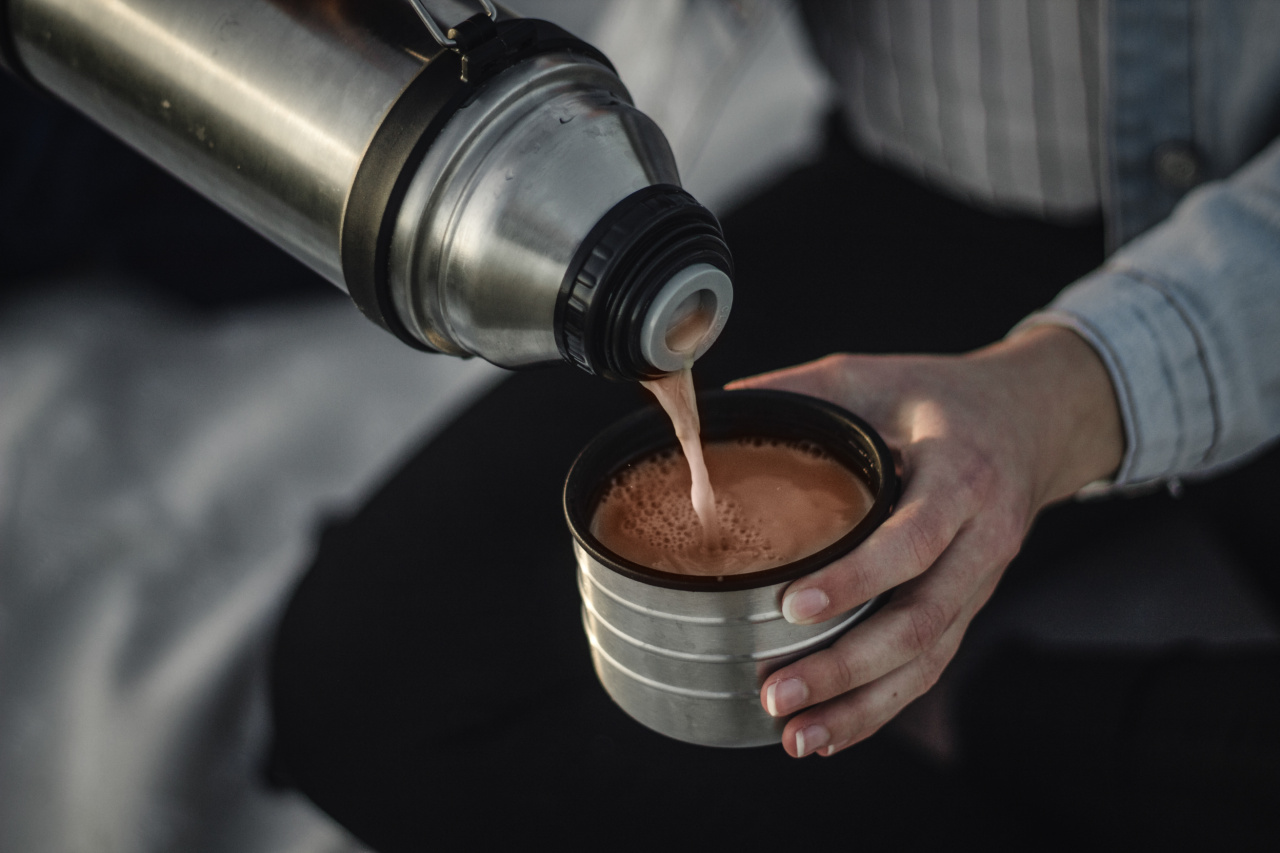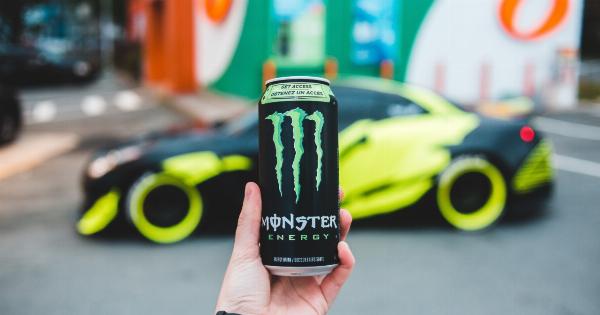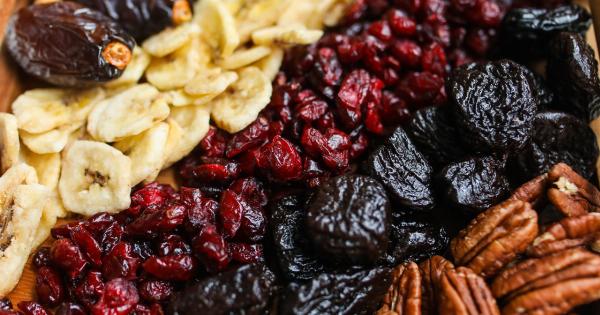Energy drinks might give you the boost in stamina and alertness you need to power through a tough day. But if you’re experiencing iron deficiency, these beverages might do more harm than good.
Iron is an essential nutrient that plays a critical role in red blood cell production, oxygen transport, and metabolic processes. Without enough iron, you could feel weak, tired, and irritable. Here’s what you need to know about iron and energy drinks.
What is iron deficiency?
Iron deficiency happens when your body doesn’t have enough iron to produce hemoglobin, a protein that carries oxygen from your lungs to your body tissues.
Iron is also involved in other functions, such as energy production, immune system support, and brain development. When you’re iron deficient, you may experience symptoms such as fatigue, weakness, dizziness, shortness of breath, headache, pale skin, cold hands and feet, and restless leg syndrome.
Iron deficiency anemia is the most severe form of iron deficiency.
What are energy drinks?
Energy drinks are beverages that contain caffeine, sugar, vitamins, herbs, and other stimulants that are designed to increase mental and physical performance.
Energy drinks can have different formulations and labels, but they typically contain high levels of caffeine, ranging from 80 milligrams to 500 milligrams per serving, which is more than a cup of coffee or a can of soda. Some energy drinks also contain taurine, glucuronolactone, guarana, ginseng, yohimbine, and B vitamins that are alleged to improve alertness, mood, endurance, and reaction time.
Energy drinks are marketed to athletes, students, workers, gamers, and anyone who needs an extra boost of energy and focus.
Why can energy drinks affect iron absorption?
Energy drinks might interfere with iron absorption and utilization due to several reasons:.
- Caffeine: Caffeine is known to decrease iron absorption by up to 39% by binding to iron and forming insoluble complexes that cannot be absorbed by the intestines.
- Sugar: High sugar intake can also impair iron absorption by inducing inflammation and reducing gut health.
- Tannins: Some energy drinks, such as tea-based products, contain tannins that can bind to iron and inhibit its absorption.
- Phosphoric acid: Some energy drinks, such as soda-based products, contain phosphoric acid that can interfere with calcium and iron metabolism by lowering their blood levels.
What are the alternatives to energy drinks?
If you’re trying to increase your energy levels and reduce iron deficiency, there are other options that may be more beneficial than energy drinks:.
- Eat iron-rich foods: Consuming foods that are high in iron, such as red meat, poultry, fish, beans, lentils, tofu, spinach, broccoli, and fortified cereals, can help to replenish your iron stores and support your health.
- Take iron supplements: If you have severe iron deficiency or anemia, your doctor may prescribe iron supplements to boost your iron levels. Iron supplements can come in different forms, such as ferrous sulfate, ferrous fumarate, ferrous gluconate, and heme iron polypeptide. Iron supplements can have side effects, such as constipation, nausea, vomiting, abdominal pain, and dark stools. Therefore, it’s important to follow your doctor’s instructions and not exceed the recommended dose.
- Drink water: Staying hydrated can help to prevent fatigue and improve cognitive function. Water is the best option for hydration, as it has no sugar, caffeine, or calories. Drinking water can also help to flush out toxins and improve digestion.
- Get enough sleep: Sleep is crucial for restoring your energy levels and promoting healing. Adults need 7-9 hours of sleep per night, while teenagers need 8-10 hours, and children need 9-12 hours. If you have trouble sleeping, try to establish a bedtime routine, avoid caffeine and electronics before bedtime, and create a comfortable and dark sleeping environment.
- Exercise regularly: Exercise can boost your energy, mood, and overall health. Aim for at least 150 minutes of moderate-intensity aerobic exercise or 75 minutes of vigorous-intensity aerobic exercise per week. You can also incorporate strength training, yoga, or other physical activities that suit your preferences and fitness level. Remember to consult your doctor before starting a new exercise program.
Conclusion
Iron deficiency is a common nutritional problem that can affect your health and wellbeing. Energy drinks, with their high caffeine and sugar content, can worsen iron deficiency by inhibiting iron absorption and increasing inflammation.
If you’re looking for ways to boost your energy levels, there are many alternatives to energy drinks that can provide you with sustainable and healthful benefits. Eating iron-rich foods, taking iron supplements, staying hydrated, sleeping enough, and exercising regularly are some of the best ways to enhance your vitality and improve your quality of life.






























